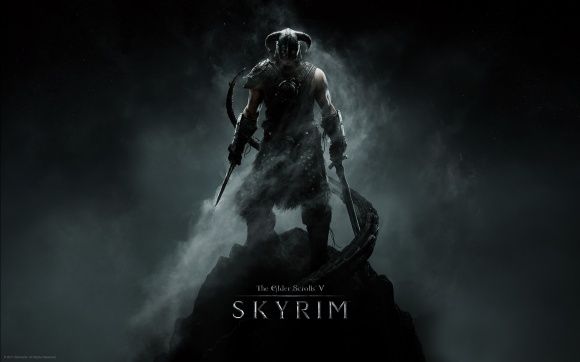“No matter how many times you save the world, it always manages to get back in jeopardy again. Sometimes I just want it to stay saved!” –Mr. Incredible
CD Projekt Red released a new gameplay trailer for The Witcher 3: Wild Hunt a few days ago, and it got me thinking about the different approaches roleplaying games take on player characters.
Imagine a spectrum, with a rigidly defined protagonist on one end and a blank sheet player character on the other. Most roleplaying games lean toward one side. The more defined protagonists still get some breathing room for player choice, and the less defined ones still usually have a role in some larger conflict.
Some games handle this concept better than others, but the general framework is still there. If it weren’t, the game wouldn’t be an RPG.
Commander Shepard of Mass Effect, Hawke of Dragon Age II and Geralt of The Witcher are good examples of more defined protagonists that still allow for player choice, while The Warden of Dragon Age: Origins, the Dovahkiin of Skyrim and The Courier of Fallout: New Vegas demonstrate the more malleable approach.
Both types of player character have their strengths. However, the specific issue at hand in this case is the “save the world” plot that seems to crop up so often in roleplaying games. While this direction of storytelling raises the stakes dramatically, it can lead to a problem if developers allow for too much freedom in player choice.
“Too much player choice? There’s no such thing!” you might say. Yet when the future of the game’s entire world is at risk, giving players too much leeway can be problematic.

When a character’s backstory isn’t clearly defined, it allows the player’s imagination to run wild. This is a good thing in many cases, but not so in a “save the world” plot. Because no matter what the player chooses as his or her backstory, they’re still going to have to save the world to beat the game.
Perhaps you crafted a murderous Argonian in Skyrim or a power hungry blood mage in Dragon Age: Origins. Too bad, you’re still going to have to save the world to complete the main story, regardless of whether it would make sense for your character to do such a thing.
Characters like Geralt, Hawke and Shepard don’t have this problem because they are already defined as being heroic. There is still a strong player influence on the plot, but the character is still ultimately someone who is both capable and willing to save the world. The player can choose to be a bit of an anti-hero, but he or she is usually still the hero.
Of course, you can skip the main story in games like Skyrim and Fallout if that’s how you want to play the game—no one is requiring you to play the main story (that’s the great thing about open-world RPGs). But even if you refuse to even kill a single dragon in Skyrim, you’re still branded by just about every NPC as The Dragonborn.
Outside of world-saving stories, the more open path to character design is perfectly fine. In many cases, it’s better, because more player choice is usually a good thing. It’s just in this specific circumstance that too much player choice is bad. When the world needs saving, too much choice is really just an illusion.
One possible solution to this problem is to set games in less dire circumstances. The conflict should still be meaningful, but all RPGs shouldn’t default to world-saving storylines. It gets old. A character doesn’t have to save the world to be heroic, interesting or super.
Because when everyone’s super, no one will be.